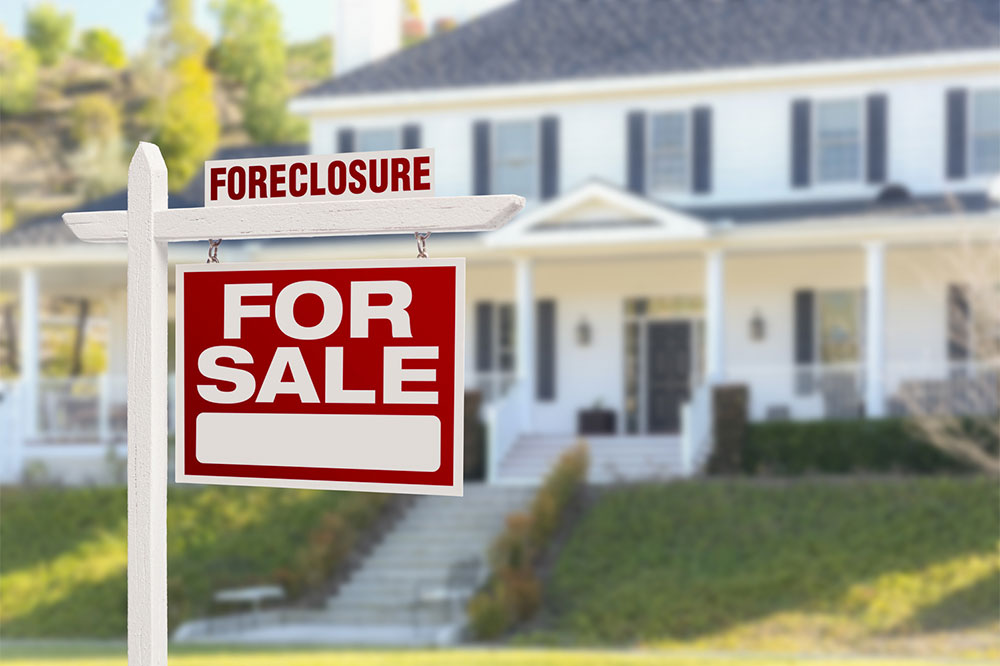5 factors that impact foreclosed property deals
Investing in bank-owned and foreclosed properties might seem like a good idea as these are usually a lot cheaper than the market rate. These assets are sold off at an auction to pay an outstanding loan or mortgage amount. Although buying such a property can be a good option for those new to the real estate market, there are a few factors you need to take into account when checking bank-owned and foreclosed properties.
Budget
Before you start looking at bank-owned and foreclosed properties, you need to determine how much you are willing to spend. Your cost estimate should include property taxes, insurance, and mortgage.

Research
You can find the listings for bank-owned and foreclosed properties through notices that are published in newspapers and property websites. Once you have found something you would be interested in, you might have to find out more about the bank-owned and foreclosed properties through public records. This step would help you get an idea of its ownership and the market value. A comparative market analysis report with similar houses or similar properties would also give you an idea of the price. Real estate agents will be able to help you acquire this report.
Finding a real estate agent
In addition to doing the research, you might want to engage the services of a local and experienced real estate agent. A local agent would be able to provide you with information on the property and area if it’s in a place you are unfamiliar with. A real estate agent who has experience in dealing with foreclosed properties or real-estate-owned (REO) properties would know the process and the paperwork needed to close a deal. Having such a professional by your side would prevent any hassles and save you time.
Check the property
As mentioned earlier, most bank-owned and foreclosed properties are sold to recover a loan. Hence, if a person who has defaulted on their mortgage or loan knows they will lose their home, they would stop maintaining it. So, it might be better for you to check out the home’s condition as this would help you determine its proper market value. This would also help you to save money on repair and maintenance. If you’re short on time, hire a professional or expert. Since the bank has ownership over the property, there is no one to do maintenance and repair work, and there’s no guarantee that the property is in good condition. Most foreclosure properties are sold in “as-in” condition; hence, be prepared for quite a few repairs and renovations.
Get the recent title details
If you are thinking about purchasing bank-owned and foreclosed properties from the listings available, doing a title search can make the job easier. You can get in touch with companies that offer these services. This search involves checking the property for debts that can be collected against it, known as liens. The title search would also confirm if the deed to the home is correct. When there are liens on the title of the property, they are mostly uncovered during the closing process, which may be too late for you to back out of the deal and would cost you more. Hence, taking the help of an experienced real estate agent would be extremely useful.
Bank-owned and foreclosed properties can be good investment options, and in some cases, with a few minor repairs or renovations, you can either rent them out or resell them. However, keep the points mentioned above to ensure a good deal. Also, consider the fact that buying foreclosed properties is a long and complicated process that takes a very long time, sometimes even up to a few months. Weigh the pros and cons of buying this type of property before you decide to move ahead.

